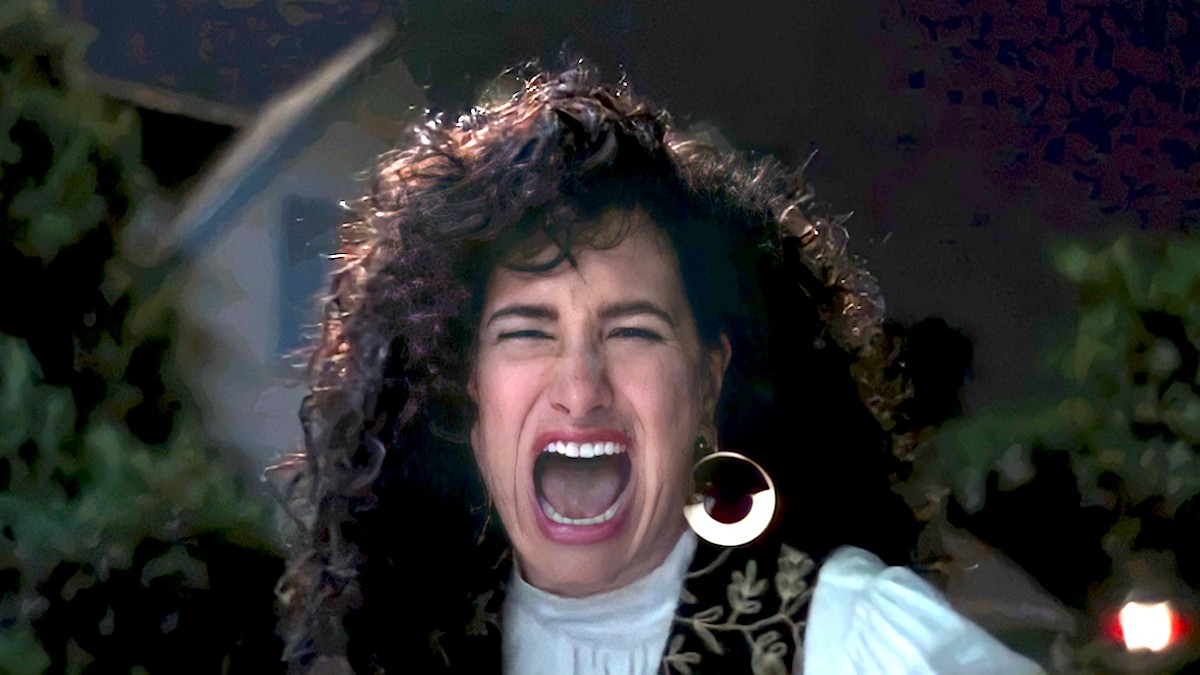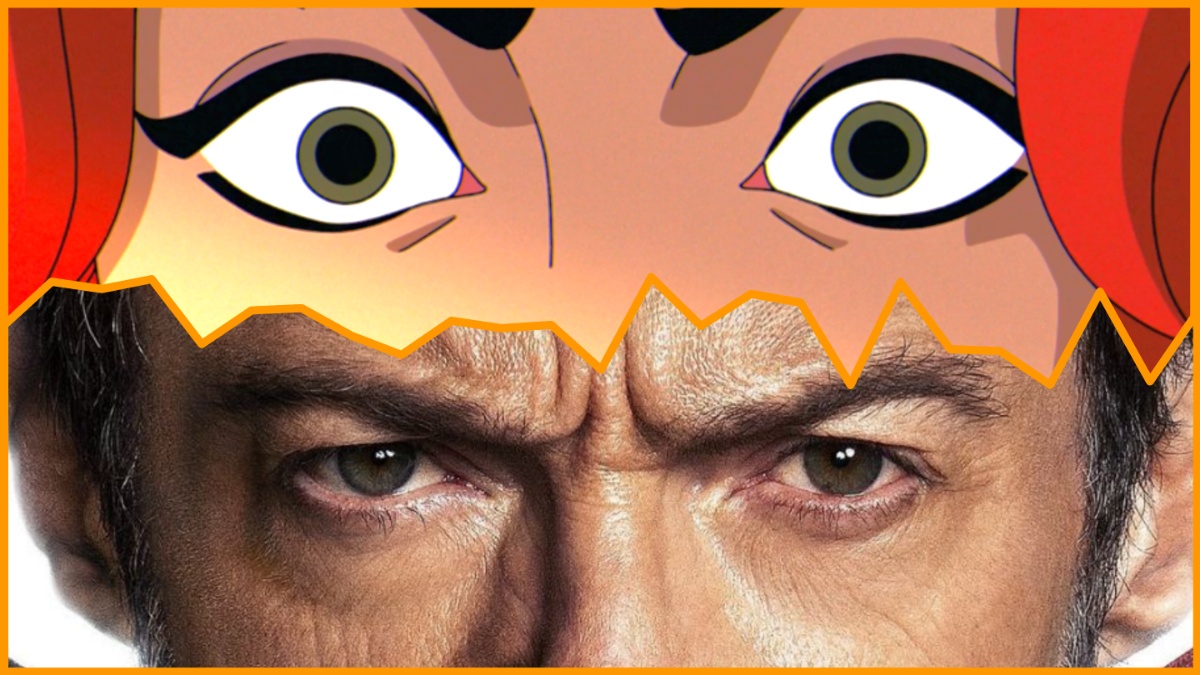For the first 14 years of its lifespan, the MCU’s whole shtick was that it was all connected. And then 2024 happened.
First, Echo was released under the Marvel Spotlight banner, supposedly a signal to the audience that it was standalone and could be watched without any prior knowledge (that’s despite Echo being a Hawkeye sequel and a Daredevil: Born Again prelude, but whatever). Then, even more notably, X-Men ’97 released and became the very first Marvel Studios production not to take place in MCU continuity.
Now it seems this is just a teaser for things to come. Marvel has confirmed that, beginning with this September’s Agatha All Along, all of its TV shows will no longer operate under the Marvel Studios banner. Instead, they will be released as Marvel Television projects. Meanwhile, all animated series will continue to carry the recently minted Marvel Animation banner.
According to Marvel’s head of streaming, TV, and animation Brad Winderbaum, this is to avoid putting “pressure” on audiences to feel they have to keep up with every single movie and series that Marvel puts out. That’s a far cry from the way the franchise used to encourage people to watch everything in order to keep up.
“There was a lot of pressure post-Avengers: Endgame on the public to feel obligated to watch absolutely everything in order to watch anything,” Winderbaum told Variety. “Part of the rebranding was a signal to the general audience that we’re creating a lot of options, and you can follow your tastes within this brand. Some will be more comedic, some will be more dramatic, some will be animated, some will be live-action. Marvel is more than just one thing — it is actually many different genres that just happened to coexist in a single narrative.”
In addition, Winderbaum confirmed that the “interconnectivity” between the two mediums will be significantly decreased going forward.
“The characters still live and breathe in the same universe, but the interconnectivity is not so rigid that you need to watch Project A to understand Project B,” Winderbaum explained. “The hope is that, like the comics, you can just pop in anywhere and have a satisfying experience. We’re trying to dispel the idea that you need to do any kind of setup work to watch anything else.”
The MCU dividing itself up in two is either the best or worst thing it’s ever done to itself

It doesn’t take a Tony Stark-sized genius to work out what precipitated this sharp break with tradition. The Marvels stands small as the lowest-grossing MCU movie of them all — which Marvel has obviously decided is because it was a follow-up to both WandaVision and Ms. Marvel. Clearly, Kevin Feige and company have come to think that the films need a stronger identity again in order to draw audiences back into seats.
In that regard, they might just be spot-on. It’s certainly easy to argue that having MCU films be so tied into the Disney Plus shows meant that they simply felt like feature-length Disney Plus shows themselves (and so people just waited to see them on streaming rather than check them out on the big screen). Meanwhile, Deadpool & Wolverine — which draws from the rich cinematic tradition of the X-Men — is already earning record-breaking ticket sales. A coincidence? I think NOT.
Alternatively, the interconnectivity of the MCU has been its signature calling card for the past decade and a half. By bifurcating the franchise in this way, Marvel is essentially telling us that we don’t need to watch everything anymore — which could encourage people to pay even less attention than they did before. For example, the next Avengers movies surely won’t have the same kind of momentum as Infinity War and Endgame because the audience won’t have been growing project to project as they follow the evolving story.
The writing’s been on the wall for the cinematic universe model for a while now, and Marvel attempting to adjust to that is intelligent. Whether the Marvel Cinematic Universe can survive when it’s not a fully fledged cinematic universe, however, is a question that will only get answered in time.

